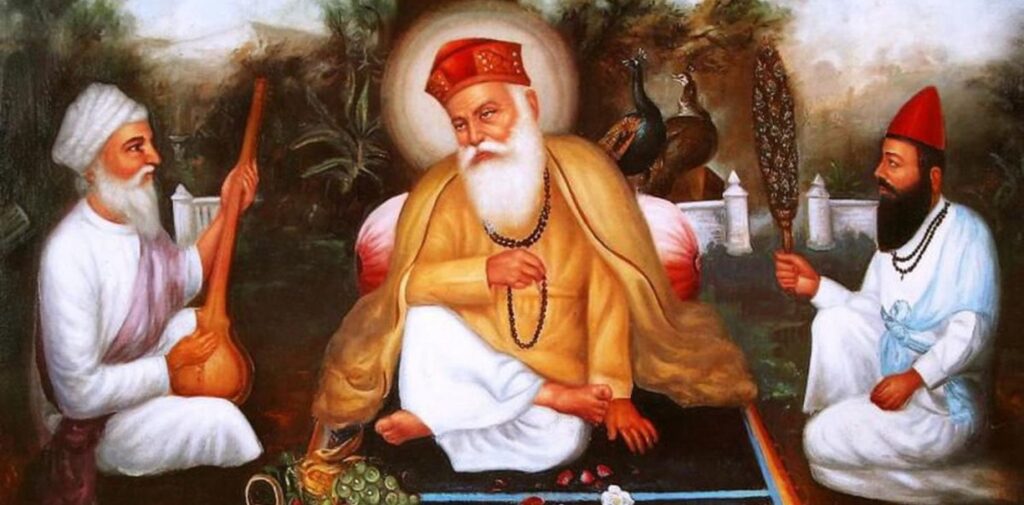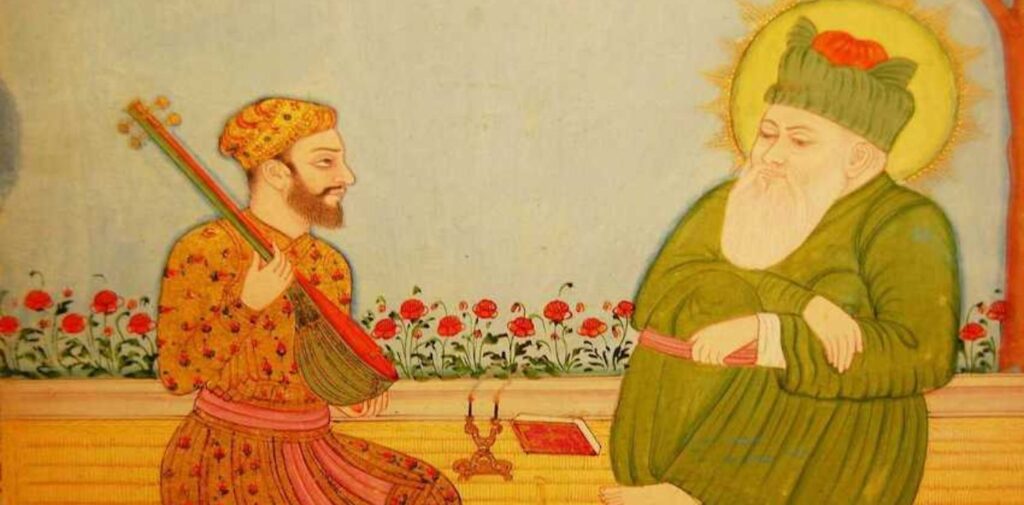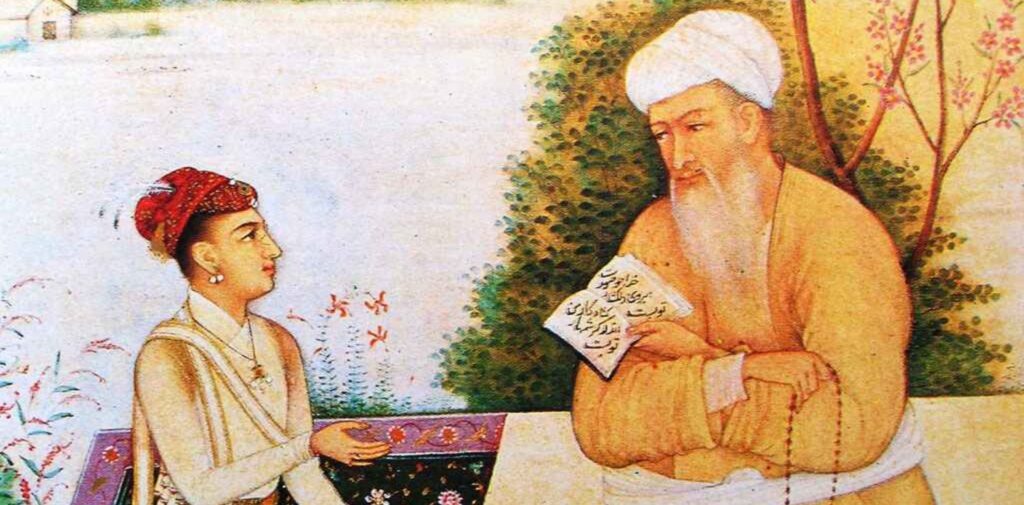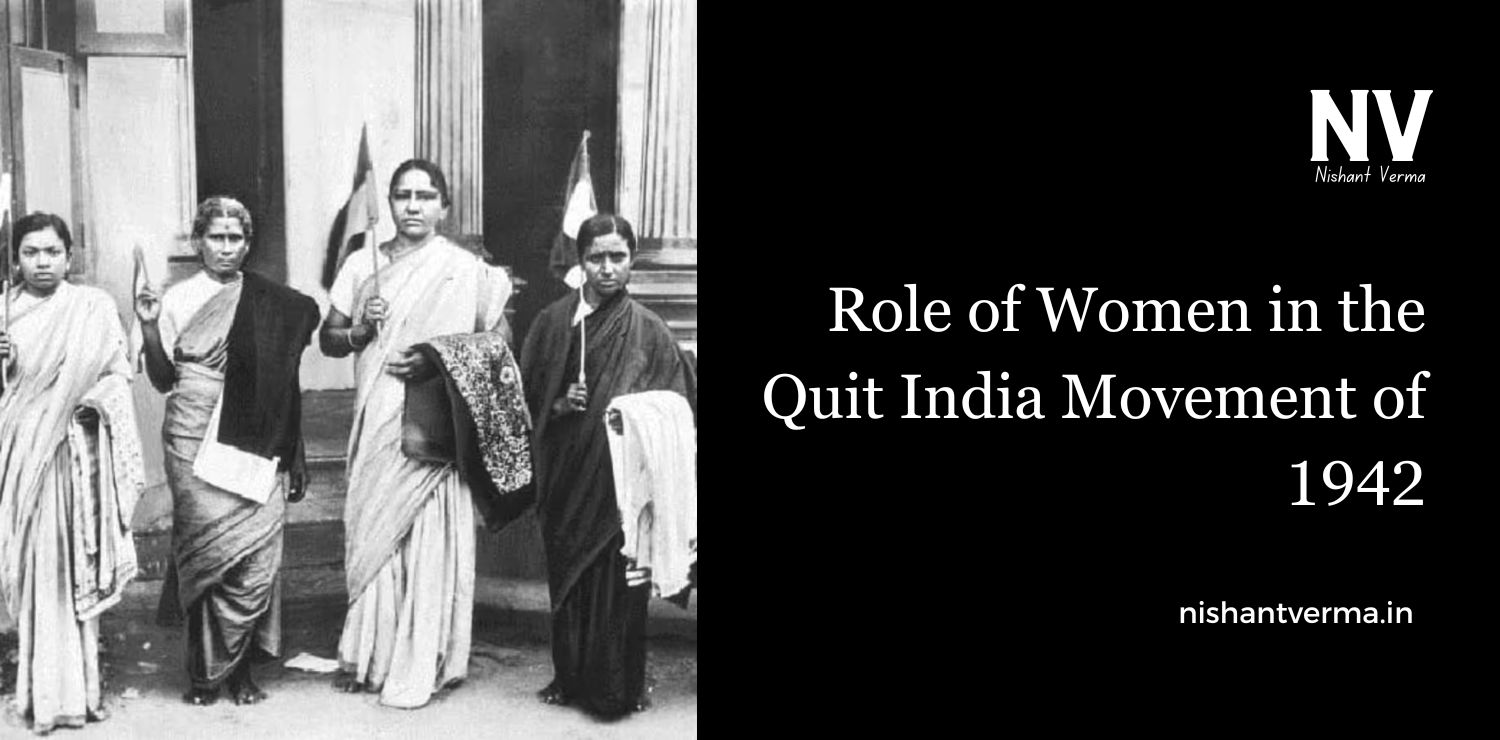India has a rich history of culture, religion, and spirituality. One of the most important parts of this history is the role of Sufi saints. Sufism is a form of Islamic mysticism that focuses on love, peace, and harmony with God. Over time, Sufi saints became very important in India, not just for their spiritual teachings but also for their role in shaping the nation’s identity, especially during the period of British rule.
In this article, we will learn about the contribution of Sufi saints and how they influenced Indian nationalism, which played a key role in the country’s struggle for independence from British rule.
Who Were the Sufi Saints?
Sufi saints were spiritual leaders who followed Sufism, a branch of Islam that emphasizes love, tolerance, and closeness to God. They believed in experiencing God’s love through personal connection and inner peace rather than strictly following religious rules. Sufi saints were known for their simplicity, humility, and deep devotion.
These saints didn’t just focus on their own spiritual journey. They also worked hard to spread love, unity, and equality among people. They believed that all human beings, no matter their religion or background, were equal in the eyes of God.
Sufi saints traveled across India, spreading their message of peace and unity. Their teachings helped bring people together and fostered a spirit of brotherhood among different communities. This was particularly important during the British rule when India was divided along religious lines and the British tried to create divisions among the people.

The Role of Sufi Saints in Promoting Unity
During British colonial rule, India was divided into many different communities based on religion, caste, and language. The British used this division to maintain control over the people. However, Sufi saints played a crucial role in promoting unity among these different groups. They taught that all people, regardless of their background, were part of one human family.
Sufi saints encouraged people from different religions, including Hindus and Muslims, to come together in peace. They often held gatherings called satsangs or majlis where people from all walks of life could join and share in spiritual practices, music, and prayers. These gatherings helped build a sense of community and belonging.
For example, the famous Sufi saint, Khwaja Moinuddin Chishti, who lived in Ajmer, is remembered for his message of unity. He treated people from all religions with respect and always emphasized the importance of kindness, compassion, and helping others. His teachings became a foundation for people to come together despite their differences.
Sufi Saints and Their Influence on Indian Culture
Sufi saints had a huge influence on Indian culture, especially in the areas of music, poetry, and art. They used poetry and music as tools to spread their spiritual messages. Many of the poems written by Sufi saints are still celebrated in India today, and their music continues to inspire people across the world.
One of the most famous Sufi poets was Amir Khusrau. He wrote beautiful poems that blended Persian, Hindi, and other languages. His poetry spoke of love, devotion, and the search for truth. He also created many musical forms that are still performed today, such as the qawwali. Qawwali is a type of devotional music that is often performed at Sufi shrines, and it brings people from all communities together to sing praises of God.
The influence of Sufi saints on Indian art and culture helped create a unique fusion of traditions. Sufi music, poetry, and dance are now an important part of Indian culture and are celebrated at festivals and cultural events throughout the country.

Sufi Saints and Their Role in Nationalism
Sufi saints not only worked for spiritual unity but also contributed to the Indian nationalist movement against British rule. Their teachings inspired people to come together and fight for their freedom. They taught that everyone, regardless of their religion or social status, had the right to live in a free and just society. This message resonated with many people during the time of British colonialism.
Sufi saints had a strong belief in the power of love and compassion to bring about change. This belief inspired many people to work together to challenge the British rule. Their teachings encouraged individuals to stand up for justice and fight against injustice.
One of the most important ways Sufi saints influenced nationalism was by promoting the idea of “unity in diversity.” India is home to many different religions, languages, and cultures, but Sufi saints believed that these differences should not divide the people. Instead, they taught that people should come together and respect each other’s differences while working toward common goals.
Sufi saints like Shah Waliullah, who lived in Delhi during the 18th century, played an important role in spreading this message of unity. Shah Waliullah believed that India’s strength lay in its diversity and that people needed to respect and work with each other to create a strong nation. His ideas influenced many leaders of the Indian freedom movement, including those who wanted to unite Hindus and Muslims against British rule.
Sufi Shrines and Their Role in Nationalist Movements
Sufi shrines, or dargahs, became important places for people to gather and discuss issues related to freedom and independence. These shrines were open to everyone, regardless of their religion or social status. They became centers for the spread of ideas about unity, love, and justice.
During the time of British rule, Sufi shrines were often places where people would come together to discuss ways to resist British rule. Leaders like Maulana Azad, who was a prominent leader in the Indian National Congress and a strong advocate for Hindu-Muslim unity, were inspired by the teachings of Sufi saints. The message of love, peace, and unity that came from these shrines helped bring people together to fight for independence.
Even today, Sufi shrines are places where people from all walks of life come together to pray for peace, justice, and unity. These shrines continue to be symbols of India’s rich spiritual and cultural heritage.
Sufi Saints and Their Influence on Indian Freedom Fighters
Many freedom fighters were inspired by the teachings of Sufi saints. Mahatma Gandhi, for example, believed in the power of nonviolence and compassion, which were values promoted by Sufi saints. Gandhi often spoke about the importance of love and forgiveness, which were central themes in Sufi teachings. He also believed that India’s freedom struggle should be based on unity among different communities, an idea strongly promoted by the Sufi tradition.
Other freedom fighters, such as Jawaharlal Nehru and Maulana Abul Kalam Azad, were also deeply influenced by Sufi ideas of unity and love. These leaders worked hard to build bridges between Hindus and Muslims, and their efforts were based on the same principles of peace and unity that Sufi saints had taught for centuries.

The Legacy of Sufi Saints
The legacy of Sufi saints continues to influence India even today. Their teachings of love, unity, and tolerance are still relevant in today’s world, especially in a country as diverse as India. The message of harmony that Sufi saints spread has helped shape India’s identity as a nation that values its cultural and religious diversity.
Sufi saints not only helped people find peace in their spiritual lives but also inspired them to fight for a just and free society. Their contributions to Indian nationalism helped unite people in their struggle for independence, and their influence can still be seen in the spirit of unity and brotherhood that exists in India today.
Conclusion
Sufi saints made a huge contribution to India’s cultural and spiritual life, but their impact went beyond that. They played an important role in promoting unity among people of different religions and backgrounds, and their teachings helped inspire the Indian nationalist movement. By spreading messages of love, peace, and equality, Sufi saints laid the foundation for the values that guided India’s struggle for independence. Their influence continues to be felt in India today, as their teachings remind us of the power of love, compassion, and unity in building a better world.




